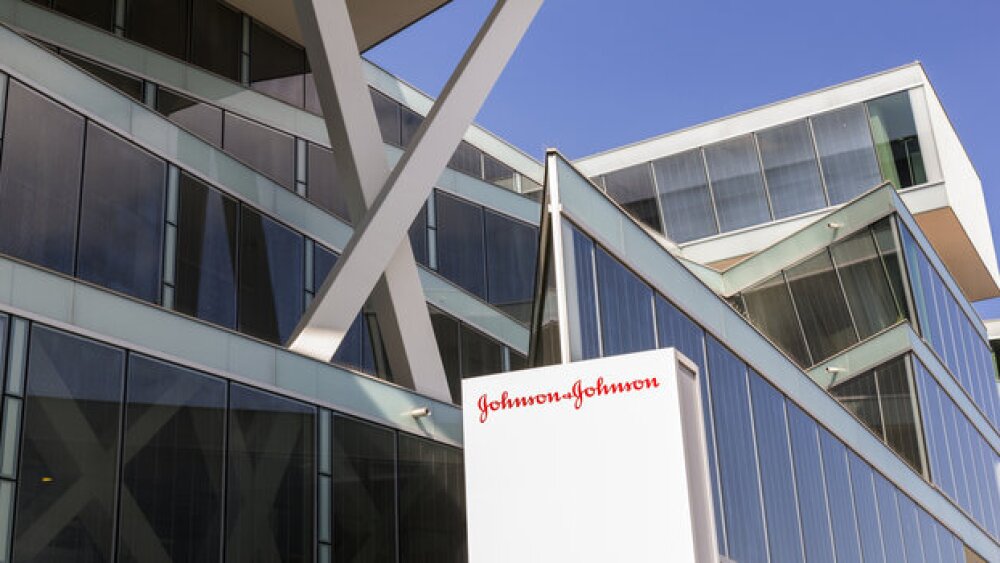Artios Pharma Limited, based in Cambridge, U.K., got a significant financial boost from Pfizer, AbbVie and Novartis through an $84 million (£65 million) Series B funding that will help advance its DNA Damage Response (DDR) programs for cancer treatments.
Artios Pharma Limited, based in Cambridge, U.K., got a significant financial boost from Pfizer, AbbVie and Novartis through an $84 million (£65 million) Series B funding that will help advance its DNA Damage Response (DDR) programs for cancer treatments.
The Series B round comes months after the company in-licensed the first nuclease drug development program under its research collaboration and option agreement with Masaryk University in the Czech Republic. The collaboration was formed in June 2017 to discover and develop novel cancer treatments by targeting DNA nucleases involved in the DDR.
The latest funding round was significantly oversubscribed, Artios said this morning. The financing was led by Andera Partners (formerly EdRIP) and LSP (Life Sciences Partners), with participation by additional new investors Pfizer Ventures and Novartis Venture Fund (NVF). In addition to those participants, Artios’ existing shareholders Arix Bioscience, SV Health Investors, M Ventures, IP Group plc and AbbVie Ventures also participated in the fundraising. The Series B follows a $36 million Series A round from two years ago.
Artios Chief Executive Officer Niall Martin said the new finances will help the company develop and deliver its “exciting DDR targeted therapies to cancer patients.”
“This investor syndicate creates a very strong and committed shareholder base with a track record of supporting successful next-generation companies. The oversubscribed Series B fundraise is a strong endorsement of our world-leading development pipeline and reflects the opportunity for DDR to yield new breakthrough oncology products,” Martin said in a statement.
Inhibiting novel DNA repair targets in tumors where DNA damage response factors have been lost or down-regulated will lead to cancer cells being selectively killed without harming normal cells, Artios said. Such a mechanism creates an opportunity for such products to be used both in monotherapy and in combination with existing and future cancer therapies, the company added.
Raphael Wisniewski, a partner at Andera Partners, said Artios’ DDR programs have the potential to bring “real impact” to cancer patients.
“DDR is an exciting field of biology, which has been clinically validated by the first generation PARP inhibitors currently on the market. The new funds will allow Artios to advance its portfolio of first-in-class, small molecule DDR programs including its lead program targeting DNA polymerase theta (Polθ), through clinical proof of concept trials,” Wisniewski said in a statement.
Rene Kuijten, managing partner of LSP, also noted the promise of DDR therapy. Kuijten pointed to the development of olaparib, the first approved PARP inhibitor for the treatment of ovarian and breast cancer.
Under terms of the financing deal, Wisniewski, Kuijten and Barbara Dalton from Pfizer Ventures, will join the Board of Artios as directors. Florian Muellershausen from NVF will join as an observer.





